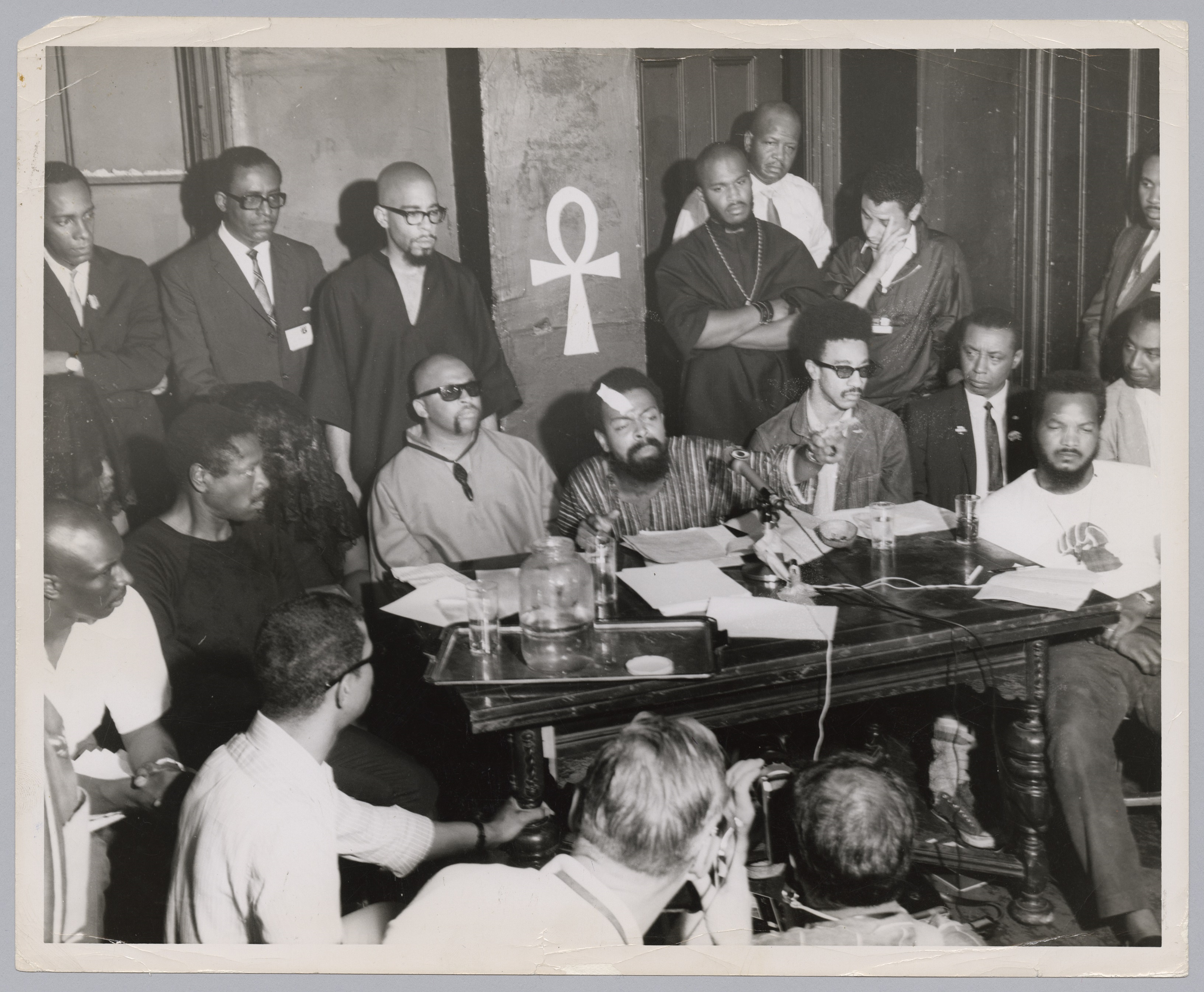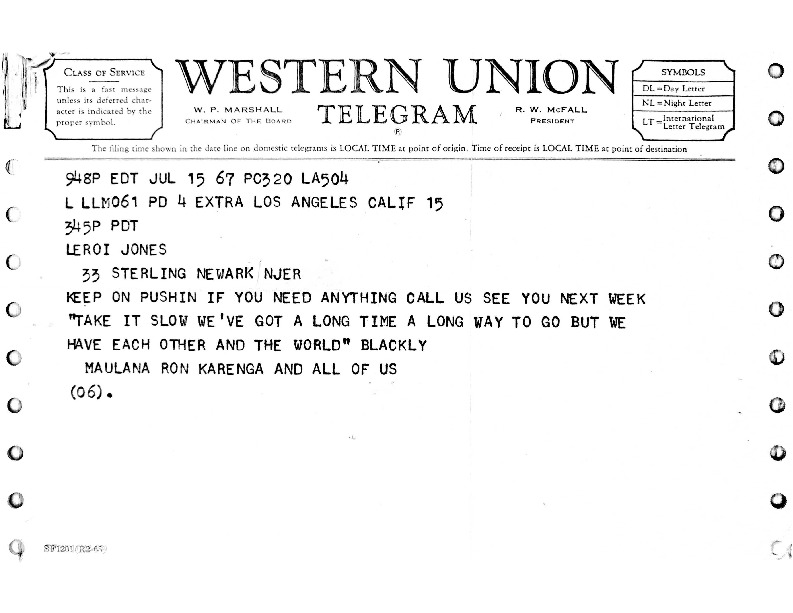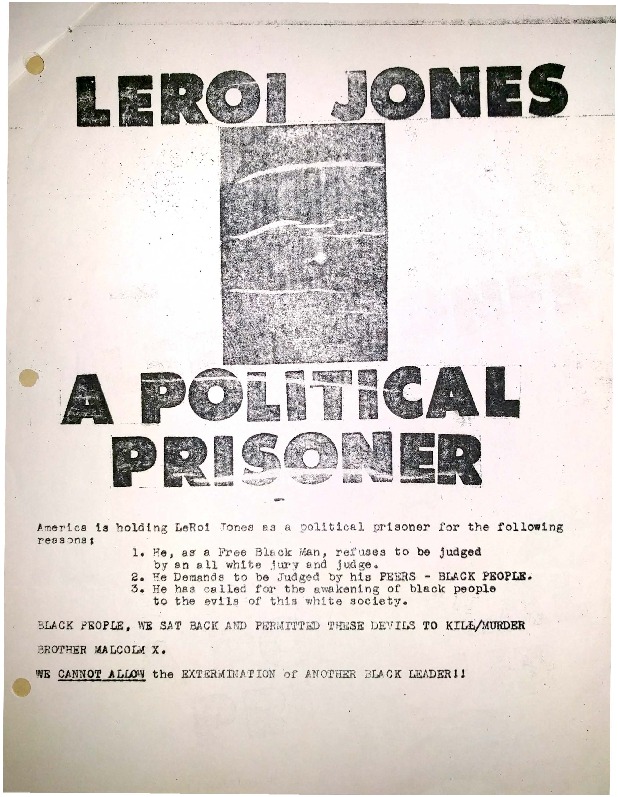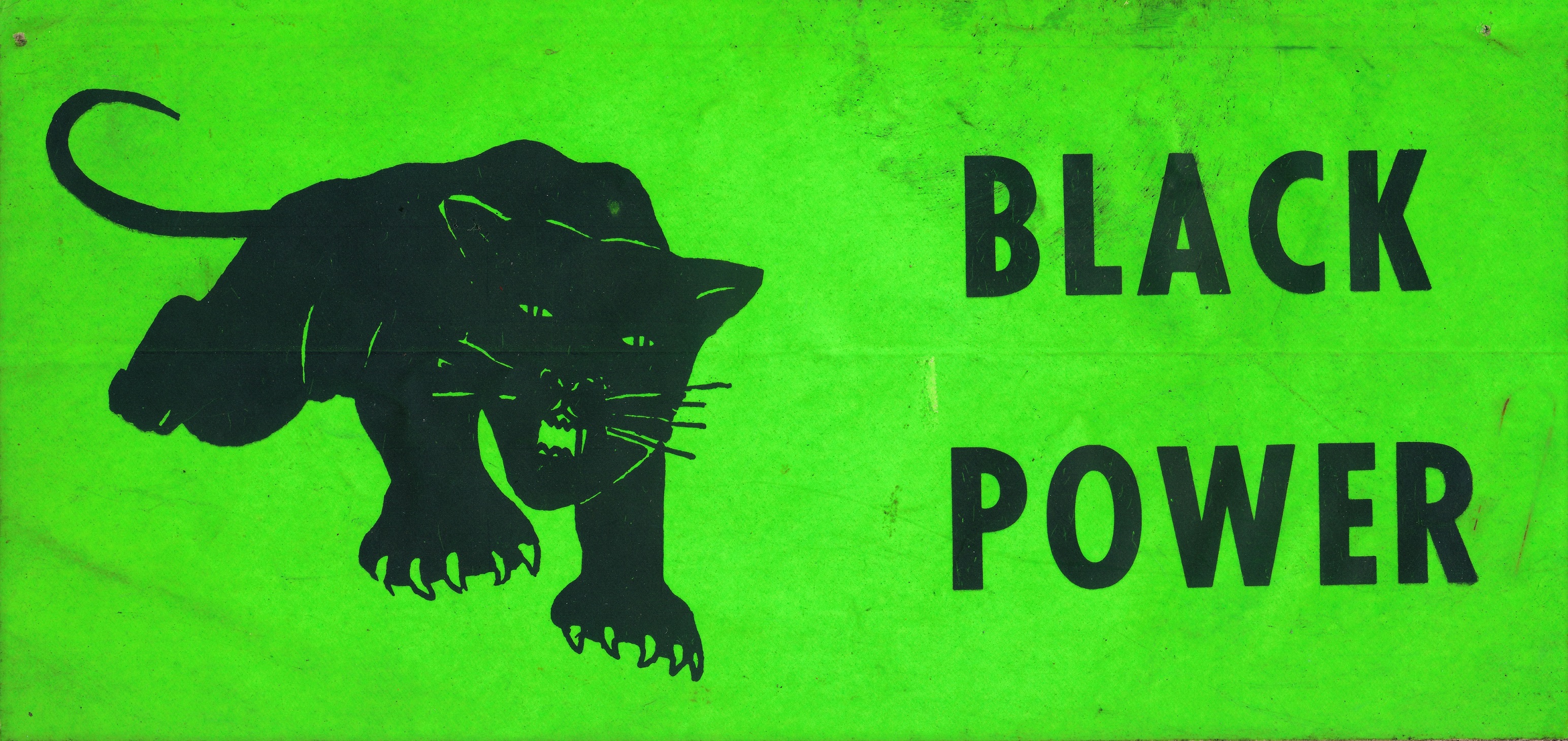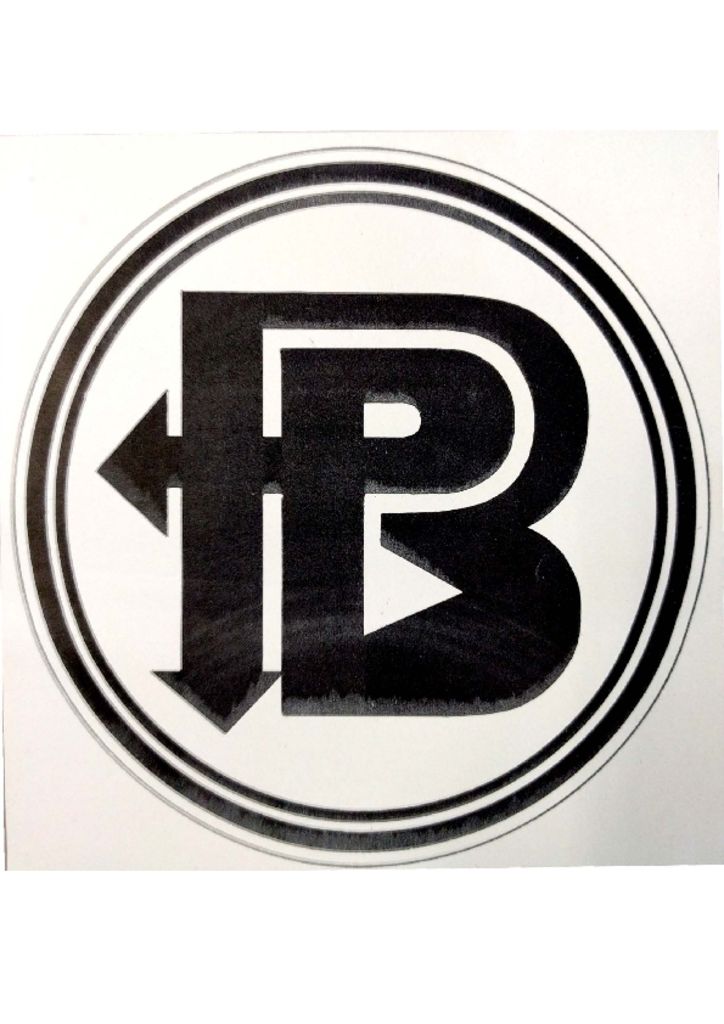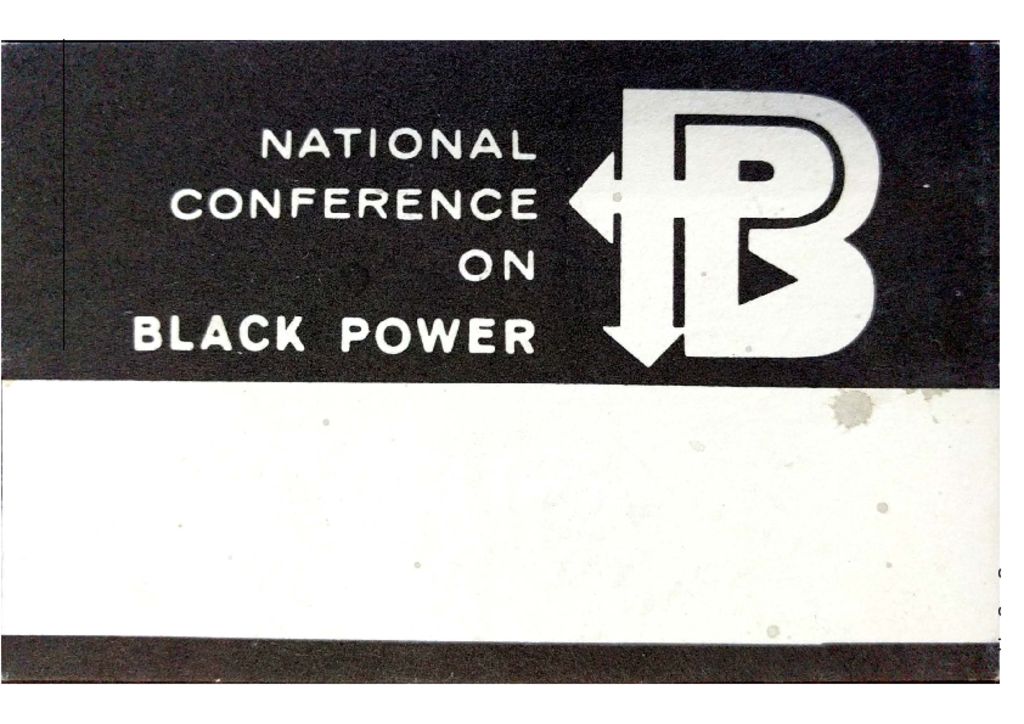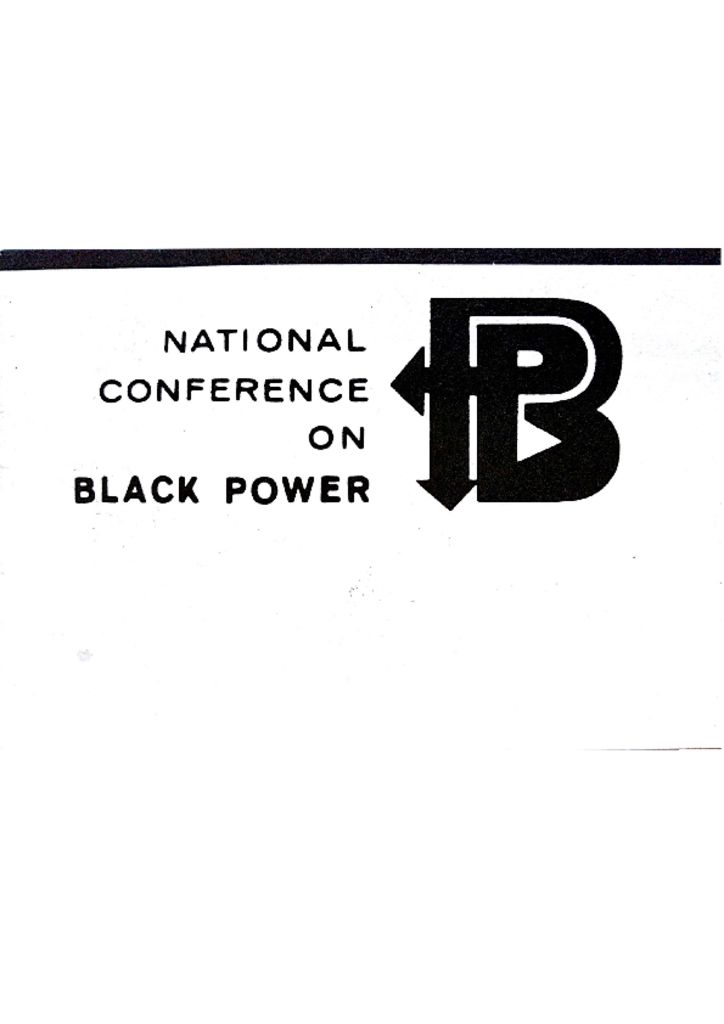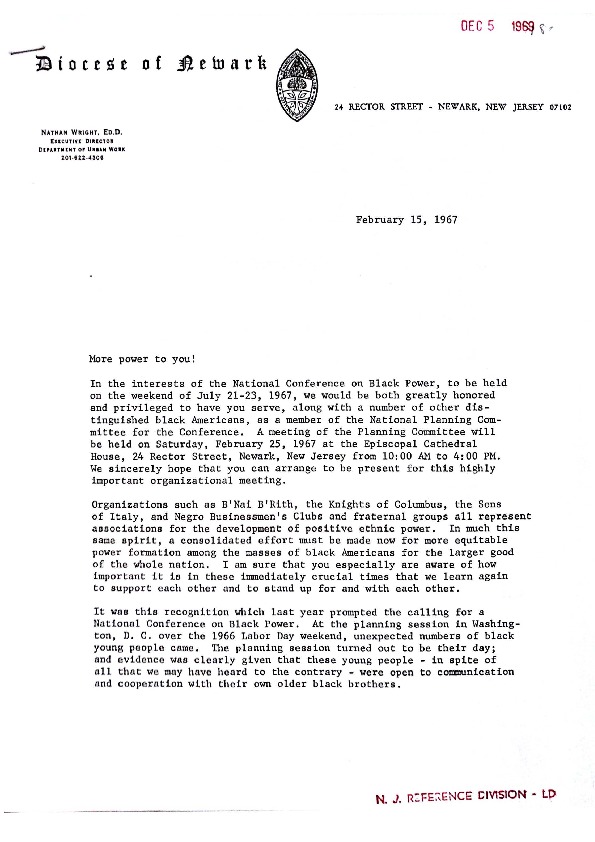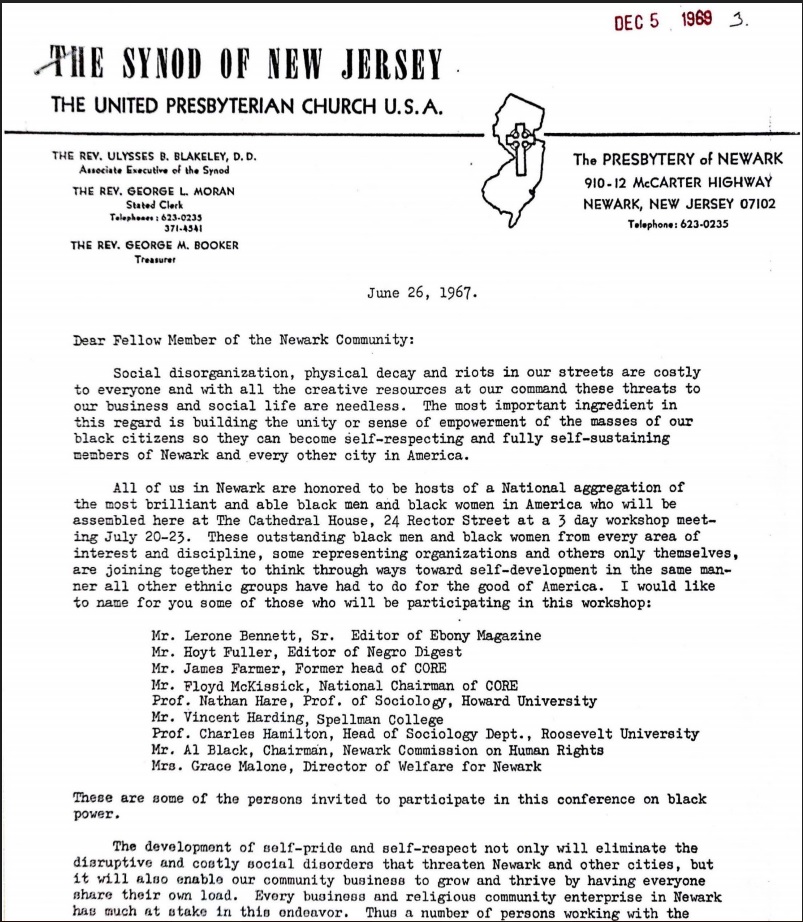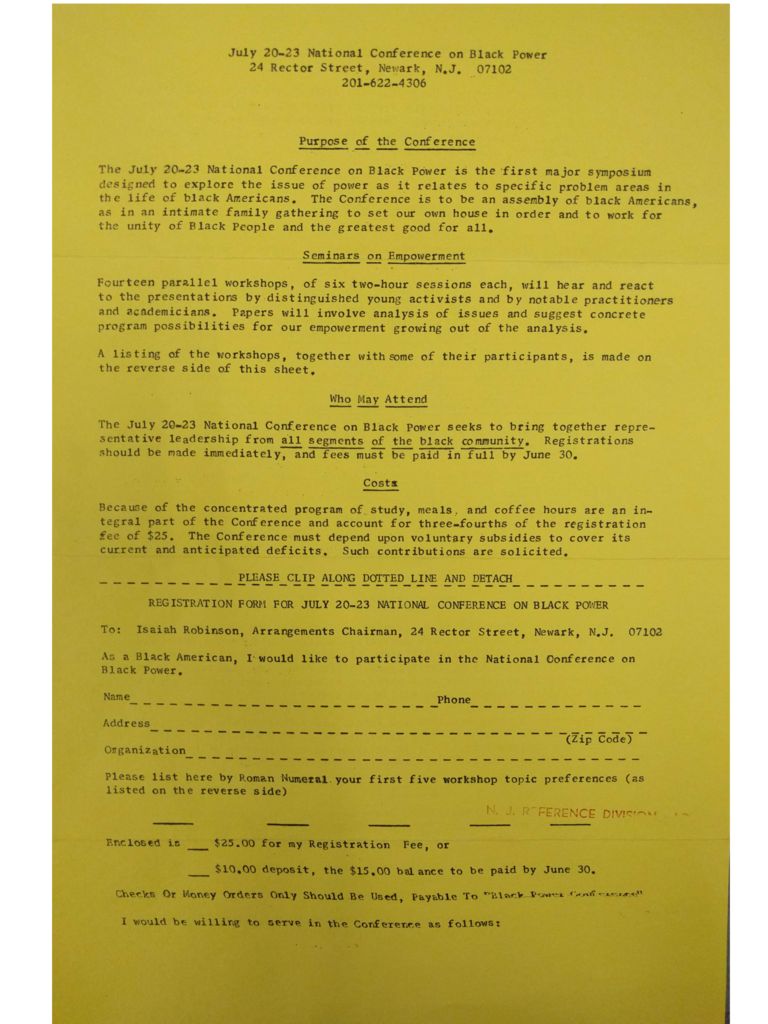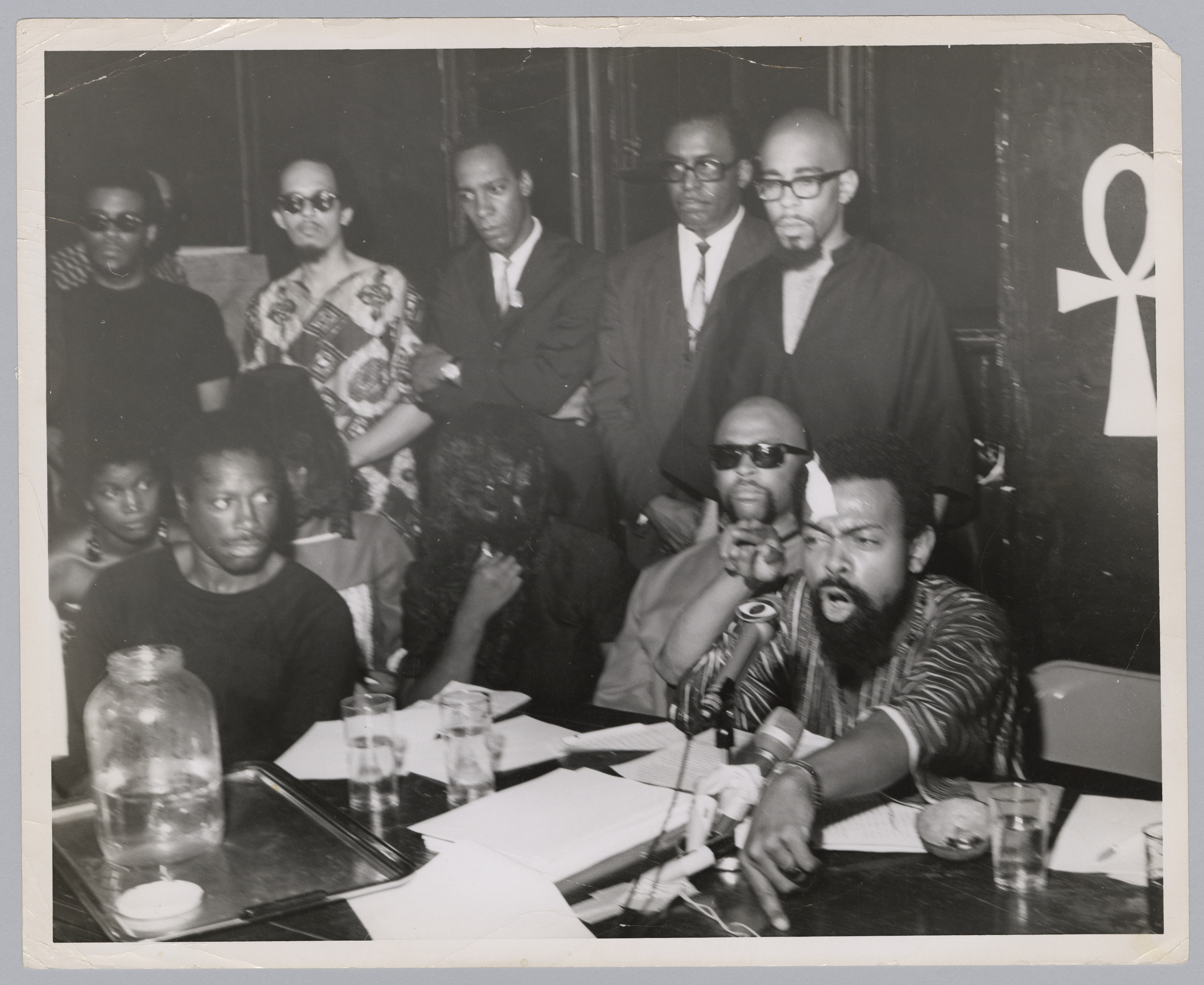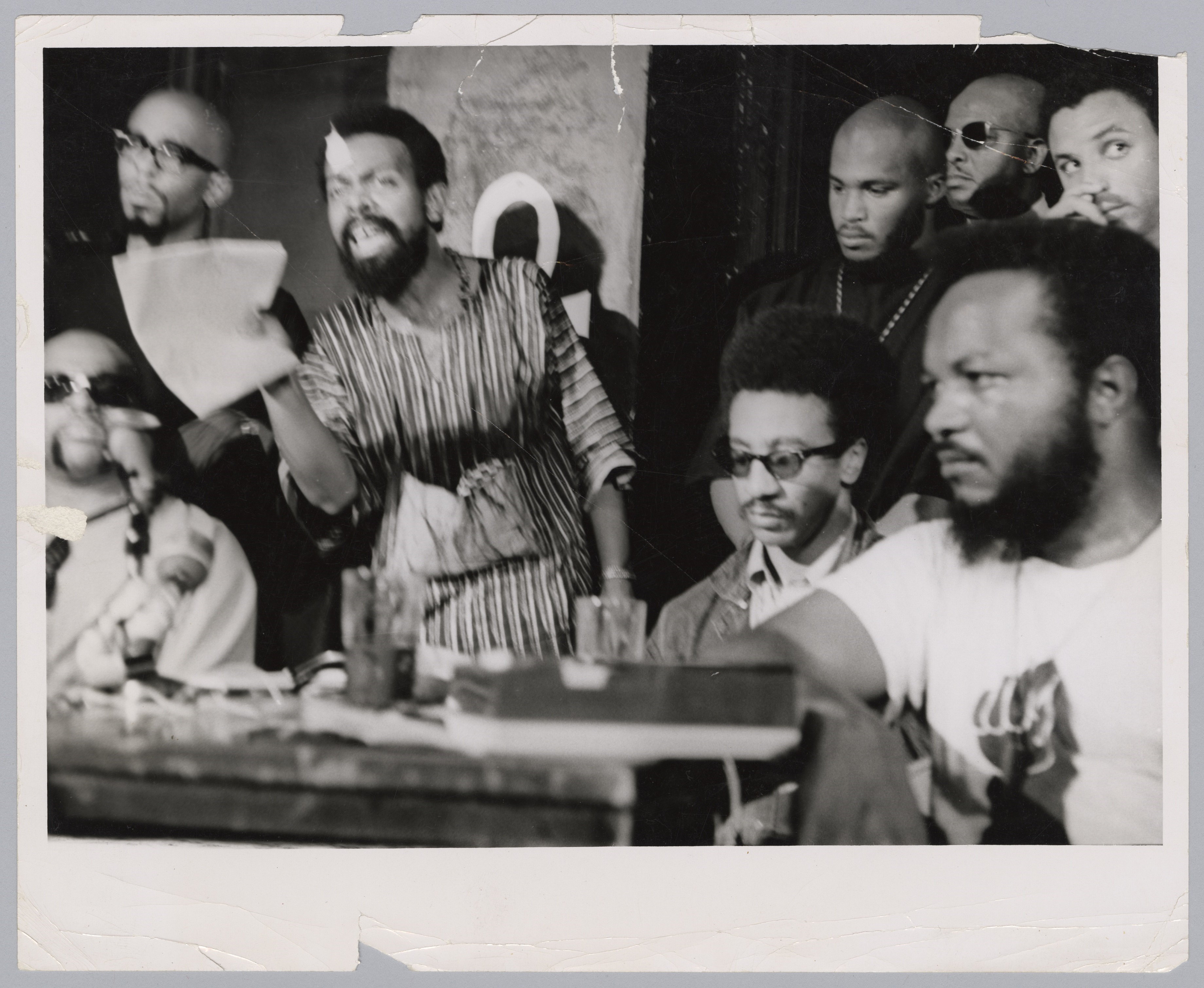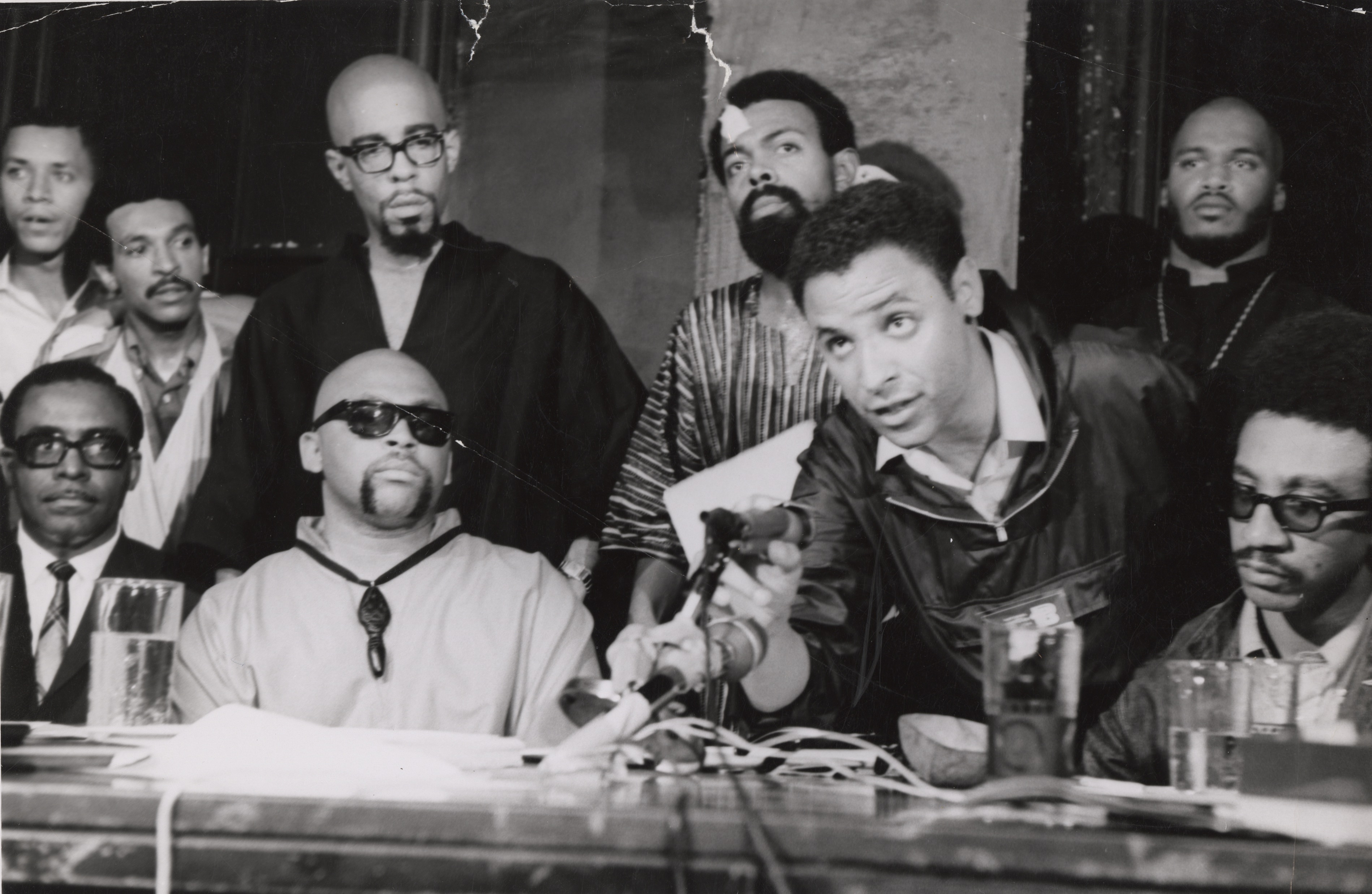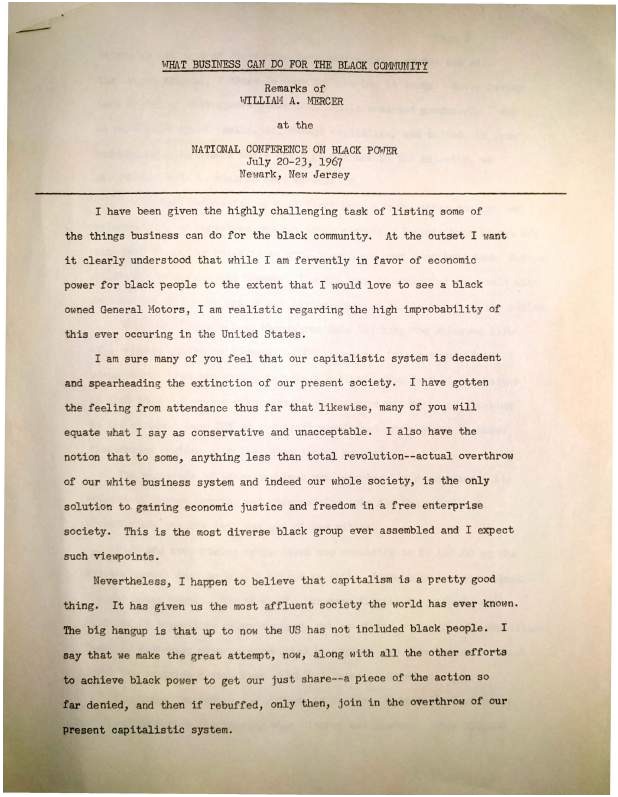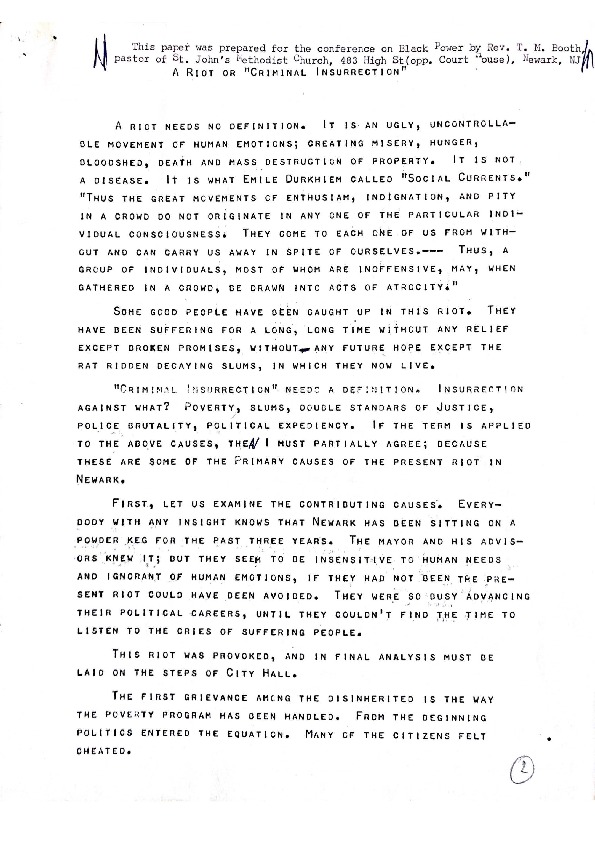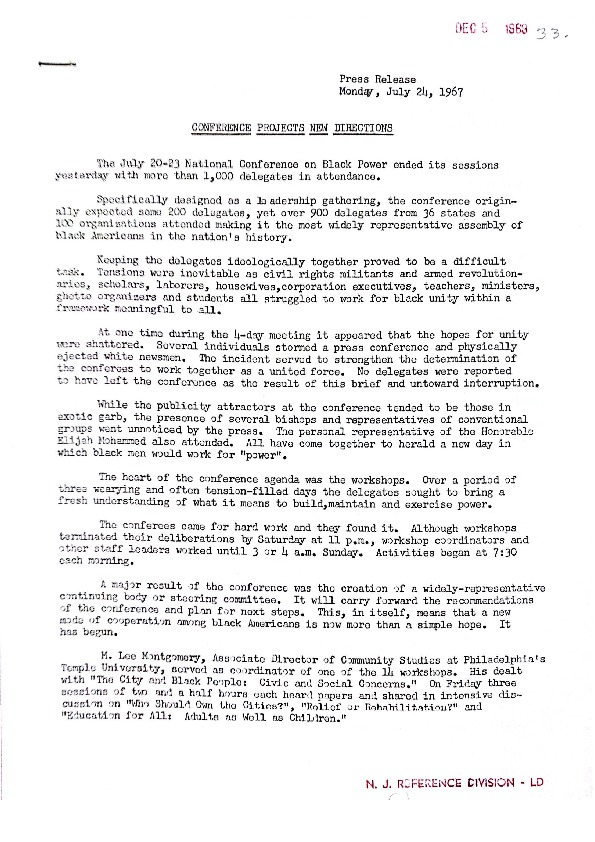The Black Power Conference
Amiri Baraka (LeRoi Jones) was a part of the planning of the Black Power Conference chaired by Dr. Nathan Wright, scheduled to take place in Newark in the summer of 1967 before the Rebellion hit. The Black Power Conference Committee was composed of nationally recognized black leaders of all stripes, and Nathan Wright was selected to coordinate this 3-day event at an Episcopal Church property in downtown Newark. After the rebellion, the local power brokers said, “call it off!” but the planners said, “No way!” And so the conference convened, fresh on the heels of the dying embers of the fires that consumed Newark for five days.
There sat Baraka, with a bandage on his head, not too long after getting out of jail and the hospital where his head was split open by a Newark policeman. He was one of the powerful speakers amongst a cast of characters that was a veritable “Who’s Who” in Black politics: Jesse Jackson; Ron Karenga, of the US Organization in Los Angeles; Floyd McKissick, of CORE; H. Rap Brown, new Chairman of SNCC; Charles 27X Kenyatta whose organization was called the “Harlem Mau Maus”; representatives from the “traditional” Civil Rights organizations like the NAACP and The Urban League; and Malcolm X’s organization, the Organization for Afro-American Unity. Baraka quickly attracted a larger local following, and became the center of attention. He by-passed and outshone a lot of other people who toiled sometimes unrecognized in the vineyard of social change, but who didn’t have the spotlight Baraka now commanded. What role would Baraka play in the new table set for the next move in our quest for power in Newark?
Explore The Archives
